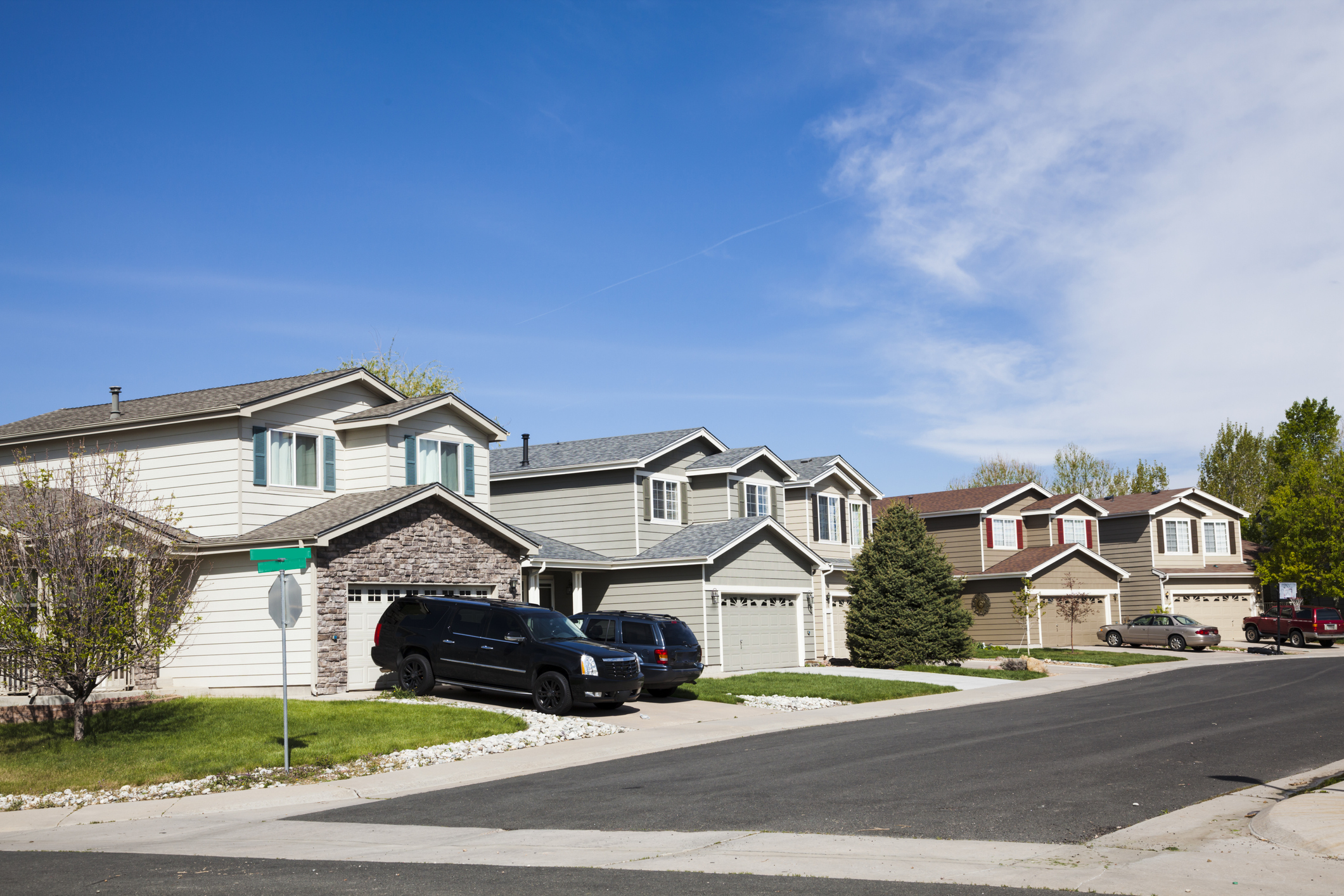New Colorado Property Tax Relief Law Replaces Proposition HH
Proposition HH failed, but after a special session, a new Colorado property tax relief measure has been passed as its replacement.


Profit and prosper with the best of Kiplinger's advice on investing, taxes, retirement, personal finance and much more. Delivered daily. Enter your email in the box and click Sign Me Up.
You are now subscribed
Your newsletter sign-up was successful
Want to add more newsletters?

Delivered daily
Kiplinger Today
Profit and prosper with the best of Kiplinger's advice on investing, taxes, retirement, personal finance and much more delivered daily. Smart money moves start here.

Sent five days a week
Kiplinger A Step Ahead
Get practical help to make better financial decisions in your everyday life, from spending to savings on top deals.

Delivered daily
Kiplinger Closing Bell
Get today's biggest financial and investing headlines delivered to your inbox every day the U.S. stock market is open.

Sent twice a week
Kiplinger Adviser Intel
Financial pros across the country share best practices and fresh tactics to preserve and grow your wealth.

Delivered weekly
Kiplinger Tax Tips
Trim your federal and state tax bills with practical tax-planning and tax-cutting strategies.

Sent twice a week
Kiplinger Retirement Tips
Your twice-a-week guide to planning and enjoying a financially secure and richly rewarding retirement

Sent bimonthly.
Kiplinger Adviser Angle
Insights for advisers, wealth managers and other financial professionals.

Sent twice a week
Kiplinger Investing Weekly
Your twice-a-week roundup of promising stocks, funds, companies and industries you should consider, ones you should avoid, and why.

Sent weekly for six weeks
Kiplinger Invest for Retirement
Your step-by-step six-part series on how to invest for retirement, from devising a successful strategy to exactly which investments to choose.
Proposition HH could have significantly changed property taxes for Colorado homeowners for at least 10 years. But the measure required voter approval.
A "yes" vote on Proposition HH would have limited property tax increases and lowered property taxes owed. However, according to the Colorado Legislative Council, the measure would have also allowed "the state to keep additional money that would otherwise be refunded to taxpayers.” In other words, Proposition HH could have lowered property taxes across the state but could have also also reduced TABOR (Taxpayer Bill of Rights) refunds.
Coloradans voted against Proposition HH, but after a special session, a new property tax measure has become law instead.
From just $107.88 $24.99 for Kiplinger Personal Finance
Become a smarter, better informed investor. Subscribe from just $107.88 $24.99, plus get up to 4 Special Issues

Sign up for Kiplinger’s Free Newsletters
Profit and prosper with the best of expert advice on investing, taxes, retirement, personal finance and more - straight to your e-mail.
Profit and prosper with the best of expert advice - straight to your e-mail.
Here's what you should know.
Colorado property tax relief special session
Without an alternative to Proposition HH, homeowners could have seen the taxable values of their properties increase, by some estimates, nearly 40%.
Colorado Gov. Jared Polis called a special session, and lawmakers passed a new property tax relief measure. Gov. Polis has already signed the bill. The new law increases the exemption for homeowners, from $15,000 to $55,000 and decreases the assessment rate slightly, from 6.765% to 6.7%.
A separate bill requires equal TABOR refunds resulting from revenue collections from the 2022-2023 state fiscal year only. This means all taxpayers due a TABOR refund from excess 2023-2023 fiscal year revenue will receive the same amount.
Colorado Proposition HH
Coloradans overwhelmingly disapproved of Proposition HH, with 61% of voters rejecting the measure as of 11:15 the evening of Election Day. If the measure had been approved, Proposition HH would have come with a 10-year expiration date, but it would have also meant that state lawmakers could have extended this date. (And they wouldn’t have needed voter approval to do so.) Here's what Coloradans voted "no" to:
- Property tax increases would have been reduced. (However, it’s important to note that your property taxes might have still gone up, just less than they would have otherwise.)
- The Colorado senior property tax exemption for eligible homeowners 65 and older could have been transferred to new homes after a move.
- Some local governments would have had a limit to how much revenue they could collect.
- Because Colorado would have been able to keep more tax revenue (increase the state’s property tax cap), TABOR refunds could have been reduced and even eliminated for some people. (Currently, TABOR refunds are sent to taxpayers when the state collects more revenue than it can lawfully keep.)
Related Content
Profit and prosper with the best of Kiplinger's advice on investing, taxes, retirement, personal finance and much more. Delivered daily. Enter your email in the box and click Sign Me Up.

Katelyn has more than 6 years of experience working in tax and finance. While she specialized in tax content while working at Kiplinger from 2023 to 2024, Katelyn has also written for digital publications on topics including insurance, retirement, and financial planning and had financial advice commissioned by national print publications. She believes knowledge is the key to success and enjoys providing content that educates and informs.
-
 Nasdaq Leads a Rocky Risk-On Rally: Stock Market Today
Nasdaq Leads a Rocky Risk-On Rally: Stock Market TodayAnother worrying bout of late-session weakness couldn't take down the main equity indexes on Wednesday.
-
 Quiz: Do You Know How to Avoid the "Medigap Trap?"
Quiz: Do You Know How to Avoid the "Medigap Trap?"Quiz Test your basic knowledge of the "Medigap Trap" in our quick quiz.
-
 5 Top Tax-Efficient Mutual Funds for Smarter Investing
5 Top Tax-Efficient Mutual Funds for Smarter InvestingMutual funds are many things, but "tax-friendly" usually isn't one of them. These are the exceptions.